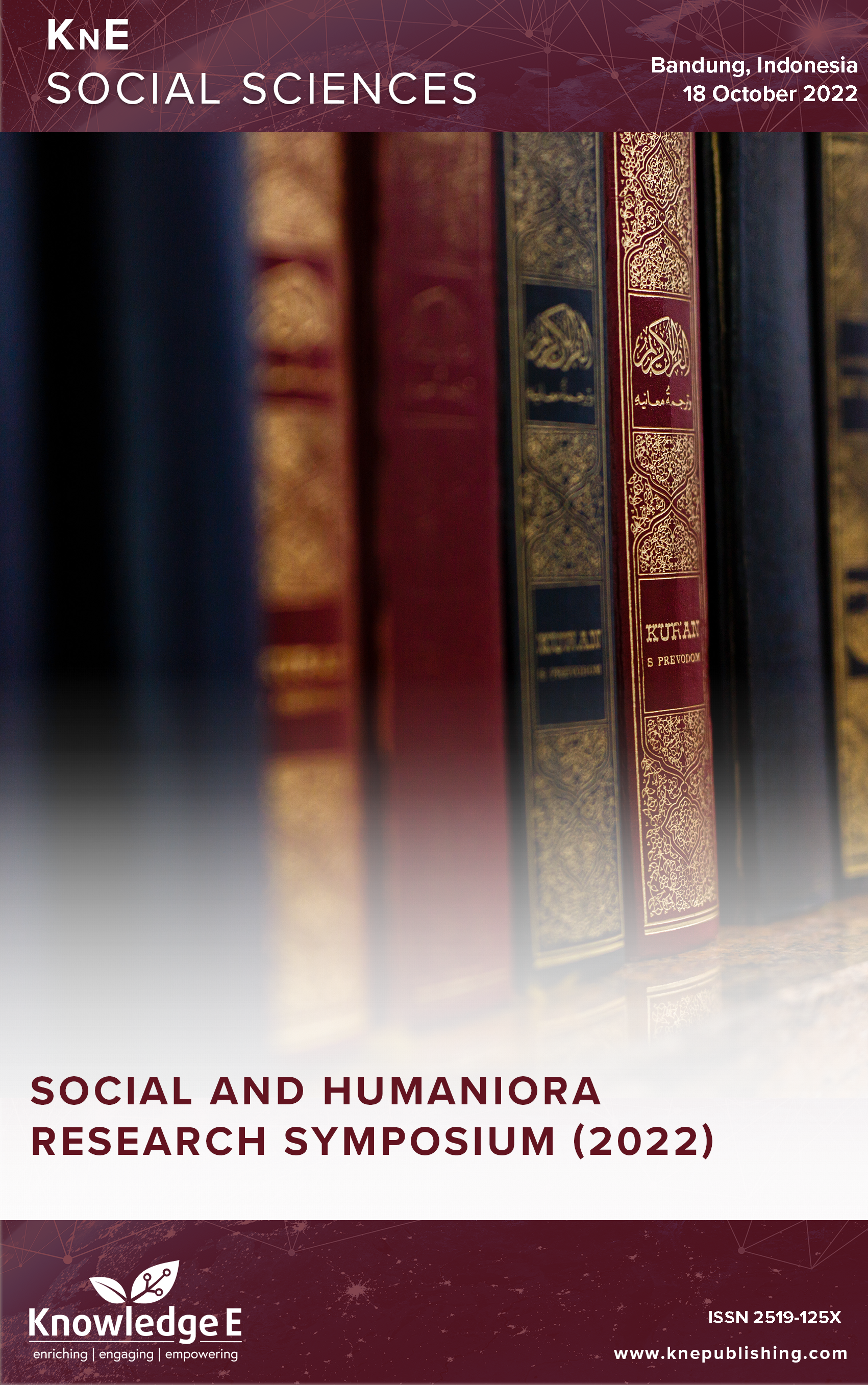Defending Religion Based Concept of the Criminal Code
DOI:
https://doi.org/10.18502/kss.v8i18.14275Abstract
The purpose of this study is to examine and analyze whether the act of defending religion can be considered a criminal act, and whether the reason for the abolition of criminal acts can be applied to every act in the context of defending religion. The type of legal research used is normative law research or library law research, which involves analyzing legal problems through legislation, literature, and case studies. The findings of this legal research provide answers to the two problem formulations. The first problem formulation pertains to whether the act of defending religion can be classified as a crime. The answer is that it can be considered a crime when the act of defending religion is carried out using methods that violate applicable laws and regulations. In other words, if the act of defending religion involves illegal actions or contravenes established laws, it can be deemed a criminal act. However, if the act of defending religion adheres to existing legal regulations, it may not be categorized as a crime. The second problem formulation addresses whether the act of defending religion can be justified based on the reason for the abolition of a crime. It is important to note that each case of defending religion is conducted consciously and based on the will of the person involved. Therefore, the elements required for the reason for the abolition of a crime may not occur in cases of acts of defending religion.
Keywords: defending, religion, criminal, removal
References
[2] A. Ibn Hasan, Al-Qaulul Mufid ‘Ala Kitabit Tauhid, vol. 2.
[3] M. Amin, “ANALISIS TERHADAP TINDAK PIDANA PENODAAN AGAMA DALAM PUTUSAN MAHKAMAH AGUNG NO. 1787 K/PID/2012,” Skripsi thesis, Universitas Islam Negeri Sunan Kalijaga Yogyakarta, Yogyakarta, 2016.
[4] I. H. Al- Asqalani, Fat-hul Bari , vol. 12. Mesir.
[5] Ismail Al-Faruqi, Lois Lamya Al-Faruqi, and Ismail Raji, Atlas Budaya Islam. Jakarta: Mizan, 2001.
[6] As-Syahrastani, Ahkam Ahlil Milal.
[7] I. J. At-Thabari, Jami’ al-Bayan , vol. 6.
[8] A. Azra, “Radikalisme Islam Indonesia,” Tempo, Jakarta, Dec. 15, 2002.
[9] A. Chazawi, Pelajaran hukum pidana bagian 1, 1st ed. Jakarta: RajaGrafindo Persada, 2002.
[10] I. Sina, Asy-Syifa, vol. 2.
[11] T. Taher, Radikalisme Agama . Jakarta Utara: PPIM-IAIN Jakarta, 1998.
[12] ibnu Taimiyah, Al-Fatawa , vol. 7. Pustaka Azzam, 2016.
[13] ibnu Taimiyah, Ash-Sharim al-Maslul.
[14] ibnu Taimiyah, Thariq al-Hijratain.
[15] ibnu Taimiyah, Madarij as-Salikin , vol. 1.
[16] ibnu Taimiyah, Miftah Daaris Sa’adah.
[17] E. Turmudi and R. Sihbudi, Islam dan radikalisme di Indonesia. Jakarta: LIPI Press, 2005.
[18] K. Zada, Islam Radikal: Pergulatan Ormas-Ormas Islam Garis Keras di Indonesia. Jakarta: Teraju, 2002.
[19] Z. A. Amir, Peta Islam politik : pasca Soeharto. Jakarta: LP3ES, 2003.

